HUMILITY
The following is an adaptation of the synod’s Fall Stewardship offerings based on the upcoming Sunday lessons from Luke 18:9-14 and 2 Timothy 4:6-8,16-18. Enjoy this gift from our Synod.
Unfortunately, most of the world looks at Christians and sees the Pharisee - self-righteous people who gather together and judge others. This view has been confirmed in several Pew and Barna studies, with the most damning of these studying whether people who called themselves Christians really acted that way. In this study, https://www.barna.com/research/christians-more-like-jesus-or-pharisees/
researchers polled people on actions and attitudes, with the following break-down:
The 10 research statements used to examine Christ-likeness include the following:
Actions like Jesus:
· I listen to others to learn their story before telling them about my faith.
· In recent years, I have influenced multiple people to consider following Christ.
· I regularly choose to have meals with people with very different faith or morals from me.
· I try to discover the needs of non-Christians rather than waiting for them to come to me.
· I am personally spending time with non-believers to help them follow Jesus.
Attitudes like Jesus:
· I see God-given value in every person, regardless of their past or present condition.
· I believe God is for everyone.
· I see God working in people's lives, even when they are not following him.
· It is more important to help people know God is for them than to make sure they know they are sinners.
· I feel compassion for people who are not following God and doing immoral things.
The 10 statements used to assess self-righteousness (like the Pharisees), included the following research items:
Self-Righteous Actions:
· I tell others the most important thing in my life is following God's rules.
· I don't talk about my sins or struggles. That's between me and God.
· I try to avoid spending time with people who are openly gay or lesbian.
· I like to point out those who do not have the right theology or doctrine.
· I prefer to serve people who attend my church rather than those outside the church.
Self-Righteous Attitudes:
· I find it hard to be friends with people who seem to constantly do the wrong things.
· It's not my responsibility to help people who won't help themselves.
· I feel grateful to be a Christian when I see other people's failures and flaws.
· I believe we should stand against those who are opposed to Christian values.
· People who follow God's rules are better than those who do not.
Approximately 51% of the Christians polled exhibited Pharisaical tendencies, meaning they affiliated with self-righteous actions and attitudes. With these findings, it is unsurprising why Christianity continues to decline and people's belief in God is waning. But the good news of this study is that there is clearly mission for the church today, and that as disciples become better at stewarding the gifts God has given us with humility, we may reach even more people with the grace and love of God in Jesus Christ. Now - acting and believing as Jesus did seems a tall order, but we have just spent the last three weeks exploring how stewarding faith, gratitude, and persistence can lead to believing and acting Christ-like. When you think about the opposite of these characteristics: fear, ingratitude, complacency, and arrogance, it becomes even more clear as to just how living in discipleship can point to the goodness of God's love.
When we steward with humility, we are ultimately surrendering to the belief that God is God and we are not. It is a posture that does not take claim on God's grace as a prize for good behavior, but rather as a gift given simply because God desires for us to have abundant life. The tax collector knew there was nothing he could do that would merit God's grace, and again taking the posture similar to the Samaritan from the gospel two weeks ago, asked for God's mercy and went home justified.
From a posture of humility, the gifts and lives that disciples steward become for the world an invitation to God's abundant life. Adopting this posture of humility means that life is less about being right and more about being in right relationship. Living in humility means that we give not out of a sense of checking a box but out of a belief that God might use the gift to make the world a better place. Humble lives that steward gifts become lives that invite others into abundance and faith, lights that shine in the darkness and a balm in the wounded world.
It is a gift for a disciple to arrive at the end of this God-given life and be able to say, "I have fought the good fight, I have finished the race." Living with humility acknowledges that we do what we can while we are able and leave the rest to God - not taking undue credit nor squandering the gifts bestowed upon us in baptism. Out of living waters, graced with mercy and forgiveness, disciples are sent into the world to live freely and joyfully, not because they are better than others but because, in humility, their lives give glory to the God who created the world and sent Jesus Christ to reconcile all things.
Knowing this, in humility, it becomes joyful to give - of time, of self, of possessions - because each of these gifts becomes an opportunity for the Holy Spirit to move in the world, to change hearts, and to breathe God's promises to life. May it be that for us as individuals and communities our stewarded lives are good news for the world.




